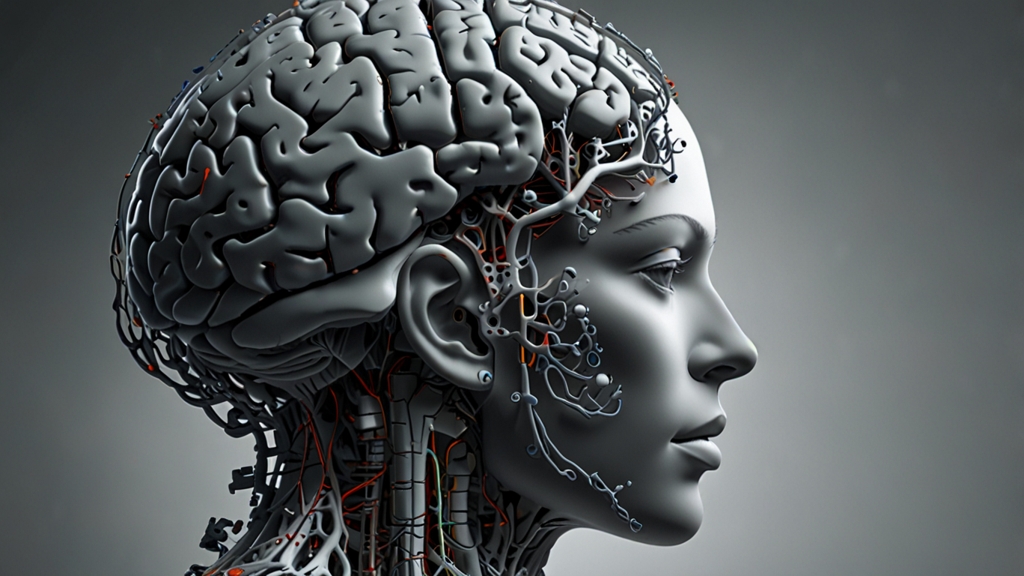Metaphysics of Language: How Words Shape Our Reality
Language holds a profound capacity to influence and shape our perception of reality. More than just a medium for communication, words carry with them the power to define, limit, and expand the world around us. This idea, rooted deeply in linguistic philosophy and metaphysics, suggests that the way we construct and understand language can significantly impact our emotional, psychological, and existential experiences.
The Relationship Between Language and Thought
The hypothesis that language influences thought is not a new one. This concept, often referred to as the Sapir-Whorf Hypothesis, posits that the structure of a language affects its speakers' cognition and worldview. According to this theory, people who speak different languages perceive and understand the world differently because their languages guide their thought processes in specific ways.
“Language shapes the way we think, and determines what we can think about.” - Benjamin Lee Whorf
For instance, consider the multitude of words for "snow" in the Inuit language. These numerous terms highlight the subtle distinctions in snow types recognizable to Inuit speakers, distinctions that might go unnoticed by someone who only knows the generalized term "snow." This linguistic nuance allows for a more refined and detailed perception of the environment.
Language as a Construct of Reality
Beyond shaping thought, language serves as a framework through which we construct reality itself. Words categorize our experiences, give names to abstract concepts, and create boundaries between what is considered real and imaginary. By naming something, we bring it into existence within our cognitive sphere, offering it a place in our collective understanding of the world.
The creation of new terminology in various fields, such as technology or medicine, exemplifies this process. As new phenomena are discovered and require identification, language evolves to incorporate and normalize these concepts within our reality. For instance, the term "cyberspace" didn't exist before the advent of the digital age, but now, it represents a significant and tangible aspect of modern life.
Emotional and Social Repercussions
Language also wields a substantial impact on our emotional and social realities. The words we use to describe our feelings, identities, and communities can either empower and validate experiences or marginalize and oppress. Positive self-expression and the ability to communicate one's identity effectively can significantly enhance an individual's psychological well-being and social inclusion.
“The limits of my language mean the limits of my world.” - Ludwig Wittgenstein
Conversely, derogatory terms or lack of appropriate language can contribute to feelings of alienation, low self-esteem, and societal exclusion. The recent shifts towards more inclusive and sensitive language in public discourse aim to rectify historical injustices and promote a more equitable reality where everyone’s experiences and identities are recognized and respected.
The Future of Language and Reality
As we continue to explore the metaphysical implications of language, we may come to understand the profound responsibility that comes with the words we choose. In recognizing language as a tool that shapes our perception and realities, we gain the opportunity to consciously employ it in ways that foster understanding, compassion, and growth.
Language, therefore, is not merely a passive component of human experience but an active force that shapes and is shaped by the ever-evolving tapestry of our collective existence. Through mindful and intentional use of words, we can continue to reconstruct our realities in ways that reflect our highest ideals and aspirations.










